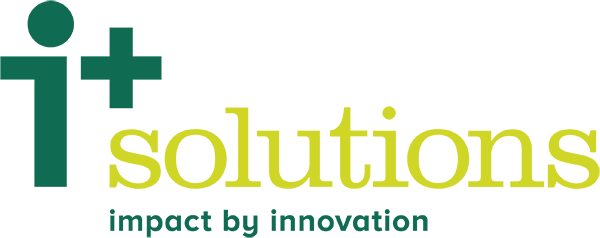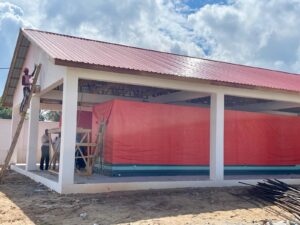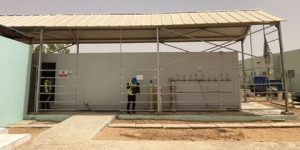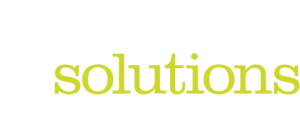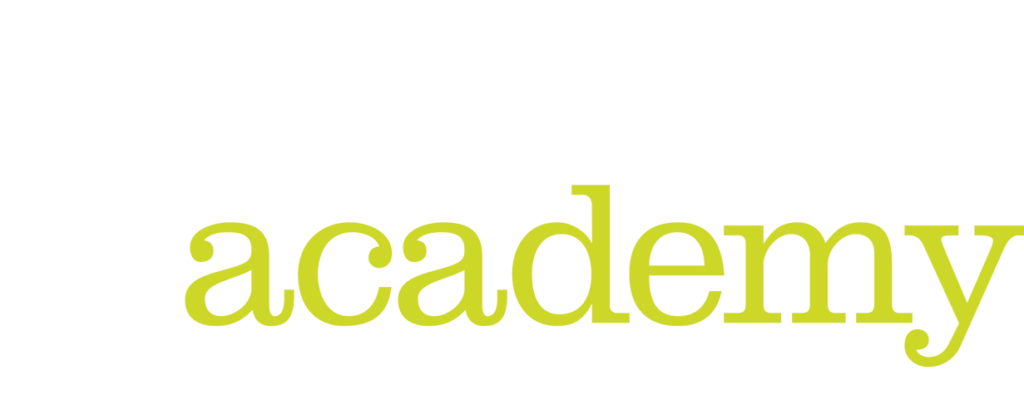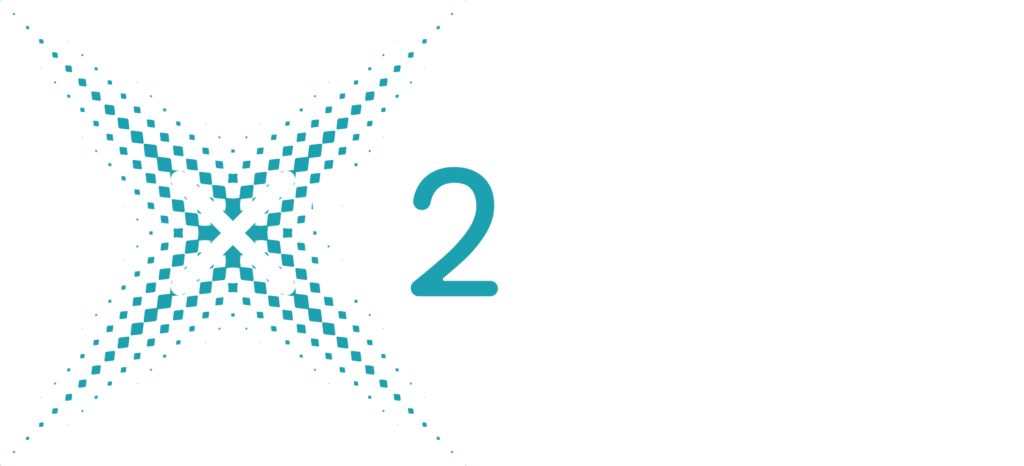A few weeks ago, i+solutions’ Martin Mugisha had an interesting conversation with Dennis Choguya, Sales and Marketing Manager of Varichem Pharmaceuticals from Zimbabwe, about the impact of the Sanofi access program in Zimbabwe and the challenges the local pharmaceutical market faces.
Through the Impact Brand, Sanofi guarantees accessible prices to patients in low and middle income countries, focusing on non-communicable diseases such as diabetes, cardiovascular disease and cancer.
Varichem and i+solutions work together since Varichem entered the Sanofi access program for insulin and diabetes treatments about two years ago. As in many other low- and middle-income countries, diabetes is a growing health problem in Zimbabwe, due to economic growth and changing life styles. The purpose of Sanofi’s access program for insulin and diabetes aligns with Varichem’s own company goals: to make quality affordable medicines available to patients at the best possible price. A common driver also for i+solutions and XS2Meds, i+solutions’ private sector initiative.
Immediately after entering the access program, the positive impact on insulin prices became evident, Dennis explains. “A box of 5 Lantus insulin pens would normally cost around 50-55 USD to the pharmacy. After coming onboard the access program, we managed to sell that same box of 5 Lantus pens for 35 USD, an immediate decrease for the pharmacies of almost 40%. Two other distributors in Zimbabwe saw the opportunity, so they also came onboard and with their commitment the price went further down to 27 USD per box, a reduction of almost 50% to the pharmacies. Patients, generally pay a markup of 40 to 50% to pharmacies in Zimbabwe, so this price reduction means they can afford more product for the same money and adhere better to the advised dosage. Additionally, the competition between wholesalers resulted in a more constant product supply. Before the access program, Lantus would be incidentally available, but now, with 3 players supplying the product for the same price, availability has definitely gone up.”
In Zimbabwe, only 8 to 10% of the population is covered by private health insurance. Most of the health expenditure is paid out of pocket. Public sector hospitals provide insulin, procured at the National Pharmaceutical Company. Patients below 5 and above 65 years of age pay a lower price in the public sector, but due to the vast numbers of patients, there are long waiting times and product availability is lacking. Private sector supply is more dependable and more efficient.
Dennis adds, “The challenges to improve access to medicines in Zimbabwe are many and on various levels. The lack of reliable market data to forecast demand, for instance, is a problem that has existed for many years and does not seem to be improving much. When in need of demand data, Varichem does some rudimentary research contacting 50 to 100 pharmacies to have an estimate, but those numbers are always to be taken with a pinch of salt.”
“Another challenge for Zimbabwe is that its market size is not appealing to big manufacturers. The volumes are just too small. This why companies like XS2Meds, who break down the bulk, are so important. Being able to procure volumes that make sense to a distributor like Varichem, allows us to remain viable.”
“A major issue at macro-economic level is the availability of foreign currency”, Dennis continues. “To buy products, companies need US Dollars or Euros that we apply for at the Central Bank, based on our supplier’s invoice. Especially in case of big orders, it may take a lot of time to receive the currency. Extended credit terms and working capital will help companies to order bigger volumes, but availability of foreign currency remains a risk. When the government prepares to pay a foreign debt, for instance, they will round up all the foreign currency available in-country, leaving dollarized companies with a huge problem to import products.“
Quality regulation is not an issue in Zimbabwe as the national regulatory authority is very strong and part of the initiative to set up an African regulatory body. WHO is moving away from globally approved products and works with different levels of approval, making it easier for companies to sell their products in different markets. Due to porous borders, some African countries suffer from parallel exports and subsequent price volatility, but parallel exports are unlikely to happen in Zimbabwe, says Dennis. A consignment cannot leave the country without a certificate from the regulatory authority, which makes it possible to monitor shipments at key points of entry.
Dennis believes that XS2Meds will solve a lot of issues. “Through the pooled procurement of orders, volumes are broken down to a level that works for local distributors. It increases profitability, access, availability and quality. Having different brands, correctly priced on a platform, is a gamechanger for distributors like Varichem. And it works on both sides, manufacturers obtain access to those smaller markets that they would not venture into by themselves.”
We want to thank Dennis for the open conversation and for sharing his insights on the Zimbabwean pharmaceutical market and the challenges companies like Varichem face.
About Varichem
Varichem was founded in 1985 and is one of the few pharmaceutical manufacturers in Africa that have achieved WHO prequalification. Varichem primarily manufactures a variety of generic medicines at their production facility in Harare, but its wholesaler branch also imports medicines, like antiretrovirals, intravenous fluids and diabetes medicines to complement their offering. Products are mainly distributed in the local Zimbabwean market. Varichem also exports to neighbouring countries like Malawi, Botswana, Namibia and South Africa, and to a lesser extent to Zambia. Rwanda and Tanzania are considered the next market destinations.
